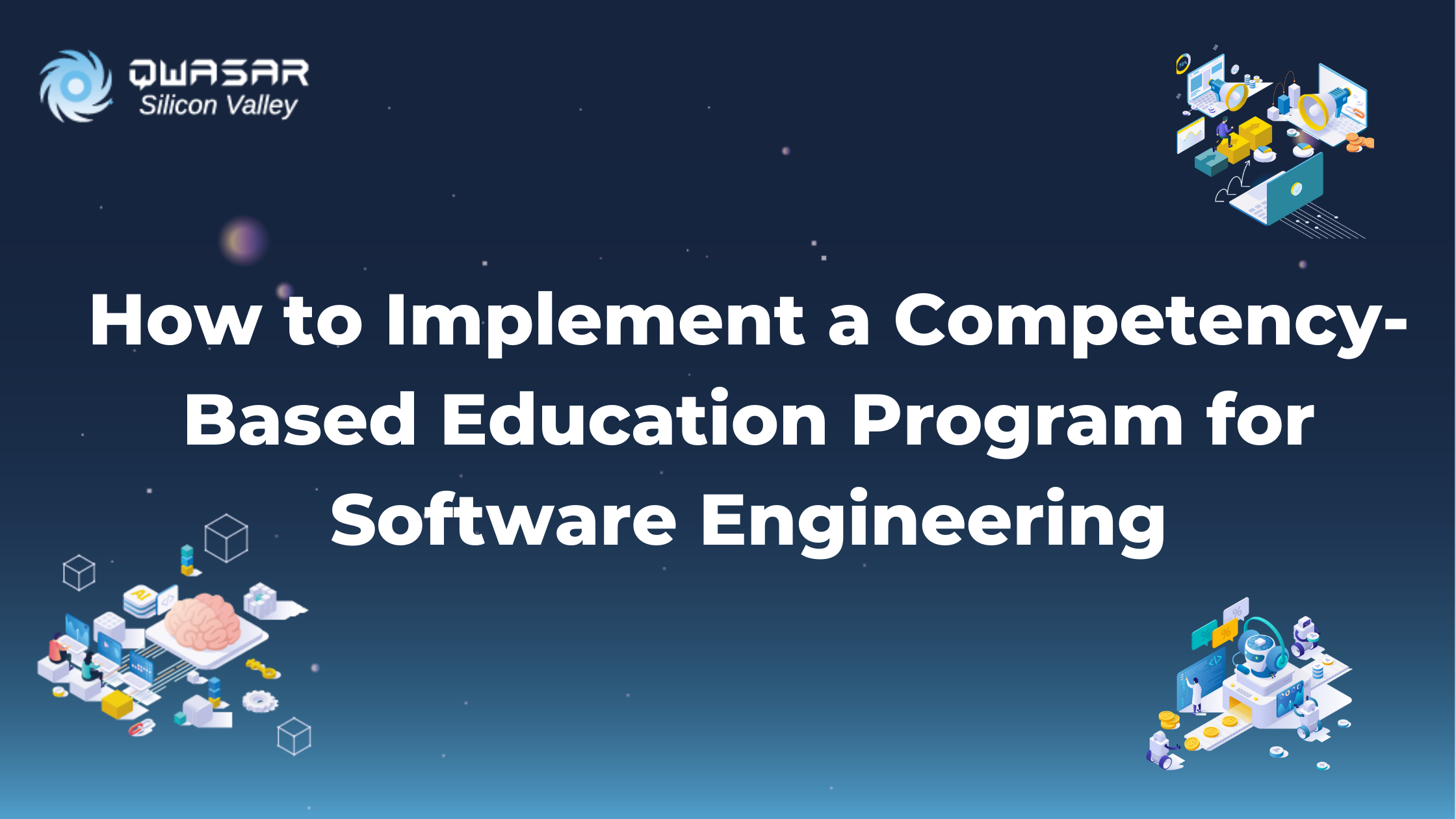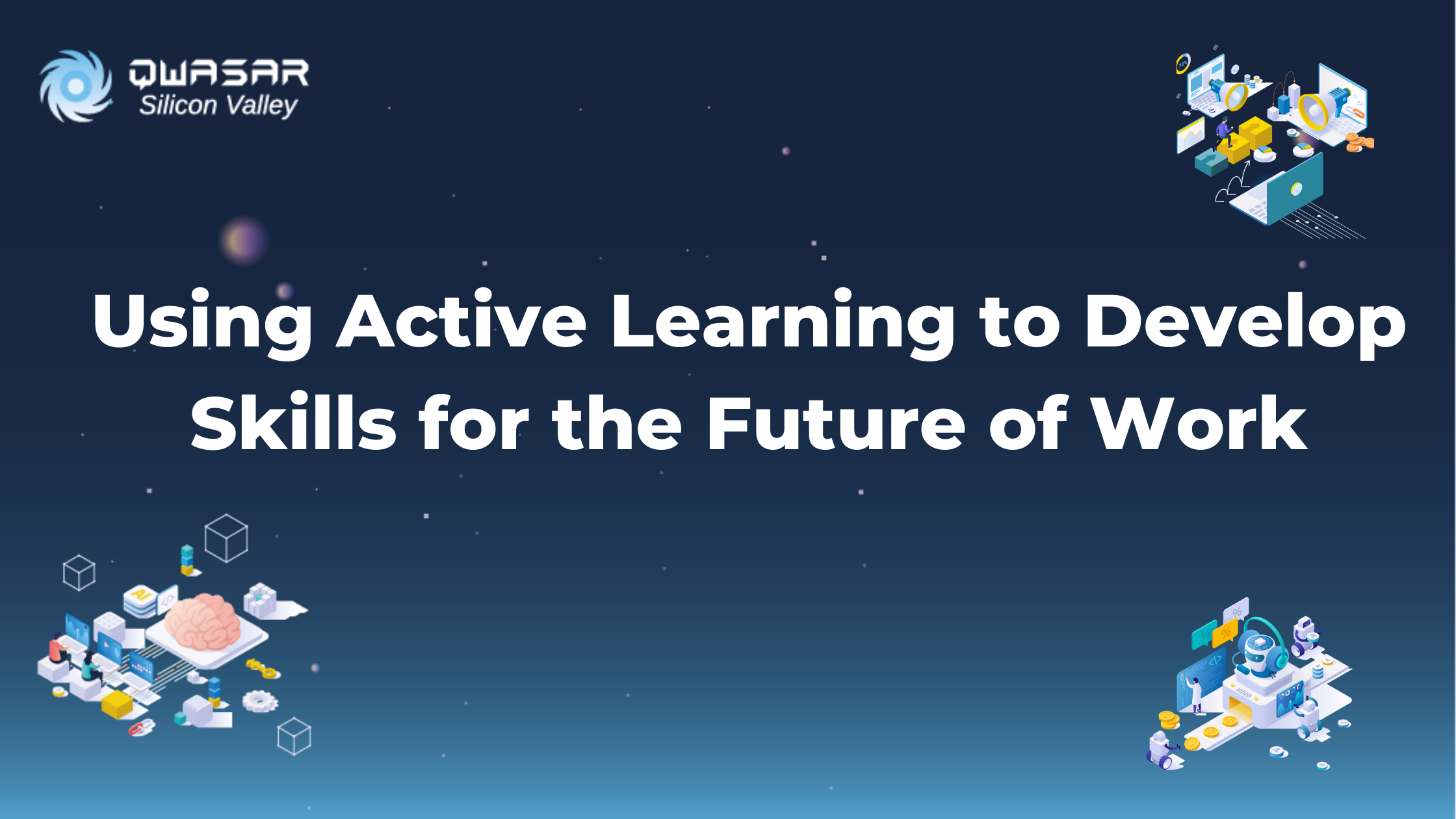Qwasar Silicon Valley specializes in tech talent training, particularly programs that are affordable and high quality. We have a long-standing relationship with Claris, an Apple subsidiary, to help train and develop tech talent specialized in using their FileMaker app development platform. Qwasar and Claris developed a focused training track to learn and use the FileMaker platform. Cohorts go through the training track 2-3 times per year, and each cohort concludes with a hiring event or recruitment day. Claris Business Partners are invited to attend the recruitment event and find it a significant source of quality young talent trained in FileMaker.
Kristen Capuzzo
Recent Posts
Program Deep Dive: Claris FileMaker App Development Program
Feb 28, 2022 8:15:13 AM / by Kristen Capuzzo
How Learners Succeed with Competency-based Education for Software Engineering
Feb 11, 2022 8:21:01 AM / by Kristen Capuzzo
Competency-based education (CBE) generally enables all learners to succeed in a learning or training program, especially when it comes to technical subjects such as software engineering. Good software development engineering programs incorporating CBE allow students to develop core technical competencies that match with on-the-job demands for software jobs. The emphasis on competencies as a measurement of learning also enables equity in education and means education providers can offer programs with significant flexibility.
By increasing equity in education, more and more learners can succeed and become software developers. The barriers to a quality education are broken down in competency-based education as students from all backgrounds can participate and succeed. The flexibility of this method of education enables better learning outcomes for non-traditional learners as well as those that learn by doing. Competency-based education encourages learners to develop the core competencies that will make them successful candidates for future careers.
How Community Colleges Can Help Change Diversity in Tech With Competency-based Education
Nov 5, 2021 7:26:29 AM / by Kristen Capuzzo
Qualified diverse candidates who meet job criteria with their resume is the number one way to help fill the millions of open jobs in tech. Community colleges are uniquely situated to produce these candidates and diversify the workforce, addressing the real pipeline problem around diversity in tech. Not just any kind of program will succeed, however, at changing the demographics of the tech workforce, due to the demands of employers and how employers hire.
Employers are seeking candidates that are critical thinkers, think outside the box, well-rounded individuals and talented. The demand for tech talent is larger than ever and employers want the best of the best. Recruiters are gatekeepers to careers in technology at companies, but finding out the ways to impress a recruiter and have the competencies needed by today’s employers is the way to get ahead. There are four major things employers are seeking in candidates and if you check these boxes, you will advance in interviews. Our programs have four main elements that align exactly with what employers are looking for. The process is rigorous but the checklist is the same across the board:
- Depth and breadth of technical skills
- Software development experience
- Strong technical portfolio
- Technical interview preparation
We'll look at each of these elements that help to drive our strong employment rates among our programs.
Why Competency-based Education Programs Are Really the Only Option for Training New Tech Talent
Oct 26, 2021 8:16:36 AM / by Kristen Capuzzo
There are a lot of tech talent training programs out there, ranging from very short courses on Coursera to 6-year Master’s degree programs at universities. In today’s world, any tech talent training program should be competency-based, because the working world and on-the-job skills are about competency and performance. To simply get into an entry-level job in tech, applicants are required to show competency on their resume and further prove it in technical interviews.
Competency-based Learning Models in Higher Education: A Case Study at Cañada College at Menlo Park
Oct 14, 2021 8:15:36 AM / by Kristen Capuzzo posted in Qwasar Partnerships
Program Overview
Region: San Francisco Bay Area
College: Cañada Community College at Menlo Park
Location: Menlo Park, CA
Area: Career and Technical Education
CTE Subject: Full Stack Development
Department: Workforce Development
Credit Status: Non-degree/Not-for-credit program
Cañada Community College at Menlo Park partnered with Qwasar to launch a Full Stack development program with goals to meet local talent demand, serve the local population, and provide essential career on-ramps, all while using competency-based education. This partnership is a unique opportunity for community college students in the San Francisco Bay Area to get into tech through an affordable, skills-based pathway.
The Importance of Technical Education in the California Community College System
Sep 17, 2021 5:01:24 AM / by Kristen Capuzzo
With all the options available to consider for workforce development training, it can be overwhelming trying to decide what is best for your system. There are different training providers, all with different approaches to closing the skills gap. The California community college system is in a tough position and is being called upon to help the state solve a high unemployment rate, an achievement gap, a need to reskill workers, and a shortage of tech talent. Part of this is due to a global pandemic but it can also be attributed to the digitization of our daily lives and the need for digital skills. Technical literacy is more important than ever.
Thankfully, the state of California has set aside additional budget money for more workforce development programs. This funding is to assist in getting people into jobs as well as increasing the marketable skills of adults in California. As stated by the California Community Colleges Chancellor’s Office, “Short-term workforce training programs created in partnership with employers will be a crucial priority in the recovery.” This is exactly what we do. We are a high-quality, low-cost skills-based training program that scales, and that partners with community colleges to help them deliver on their goals.
How to Implement a Competency-based Education Program for Software Engineering
Sep 13, 2021 7:45:22 AM / by Kristen Capuzzo
Competency-based education programs are especially suited for software engineering. There are components in software engineering that require a level of understanding only learned through the experiential learning and competency-based education. Further, employers are looking for skilled candidates ready for the job who are competent: essentially, graduates of competency-based programs in software engineering.
With a challenging economy, shifts in job opportunities, and growing demand for software engineers, there is a large demand for skills-based, competency-based training programs in colleges, especially community colleges, across the US. This is an opportunity to partner with people who are already strong in competency-based education, specifically in software engineering. Through this, a program is built together and curriculum is developed from many sources. Cañada Community College and Skyline College are great examples of how partnerships between a community college and a competency-based program can be so successful. Software engineering is a field that especially benefits from a competency-based approach, and there are great providers with the skills and expertise in this area.
Competency-based education (CBE) has been around for decades in many different industries and has long been used in vocational technical schools and trades. In recent years, competency-based education has been increasingly used in online/hybrid settings with learning technology. This method of learning is not only effective but also flexible and adaptable for a variety of learners. Teaching to different competencies yields results that are near impossible in traditional learning models/environments. Competency-based learning is especially effective for talent training programs with adult learners.
Using Active Learning to Develop Skills for the Future of Work
Aug 25, 2021 1:01:02 PM / by Kristen Capuzzo
The world is changing at a rapid pace, there’s no doubt about that. Tasks that used to be performed by humans are becoming automated. The digital age is changing the world we used to know. The fourth industrial revolution is here and it is essential for all ages to understand and develop skills for the future of work, and to understand new technologies and complex processes. But first, we need to take a step back to the core foundational skills that will enable us to be successful in the world of work, both today and in the future. McKinsey recently identified a set of skills needed for our future workplace and jobs, and the way that these skills are developed is through active learning. Adjustments to the traditional educational system can be used to the advantage of those looking to future-proof themselves.

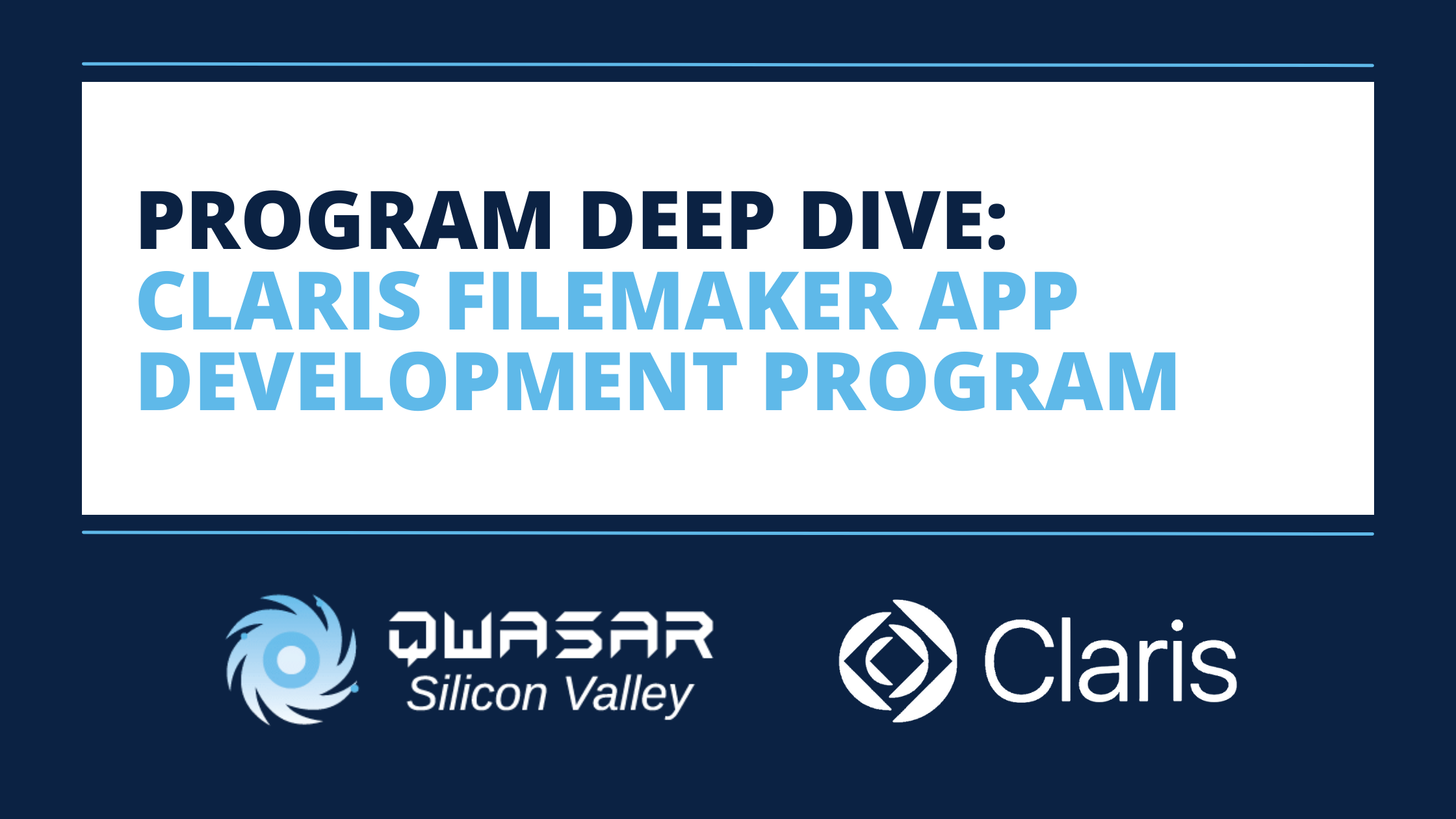
.png)
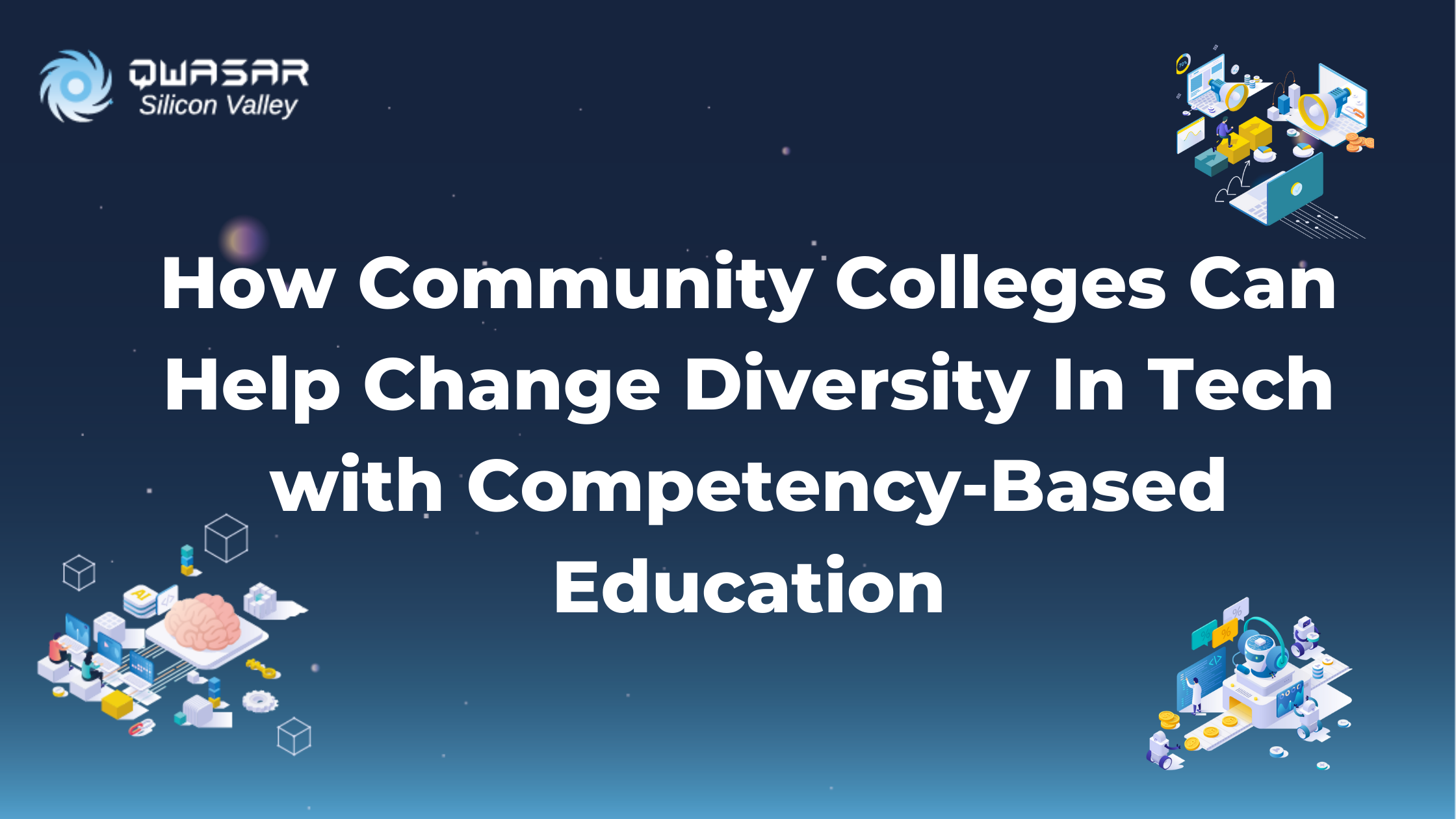
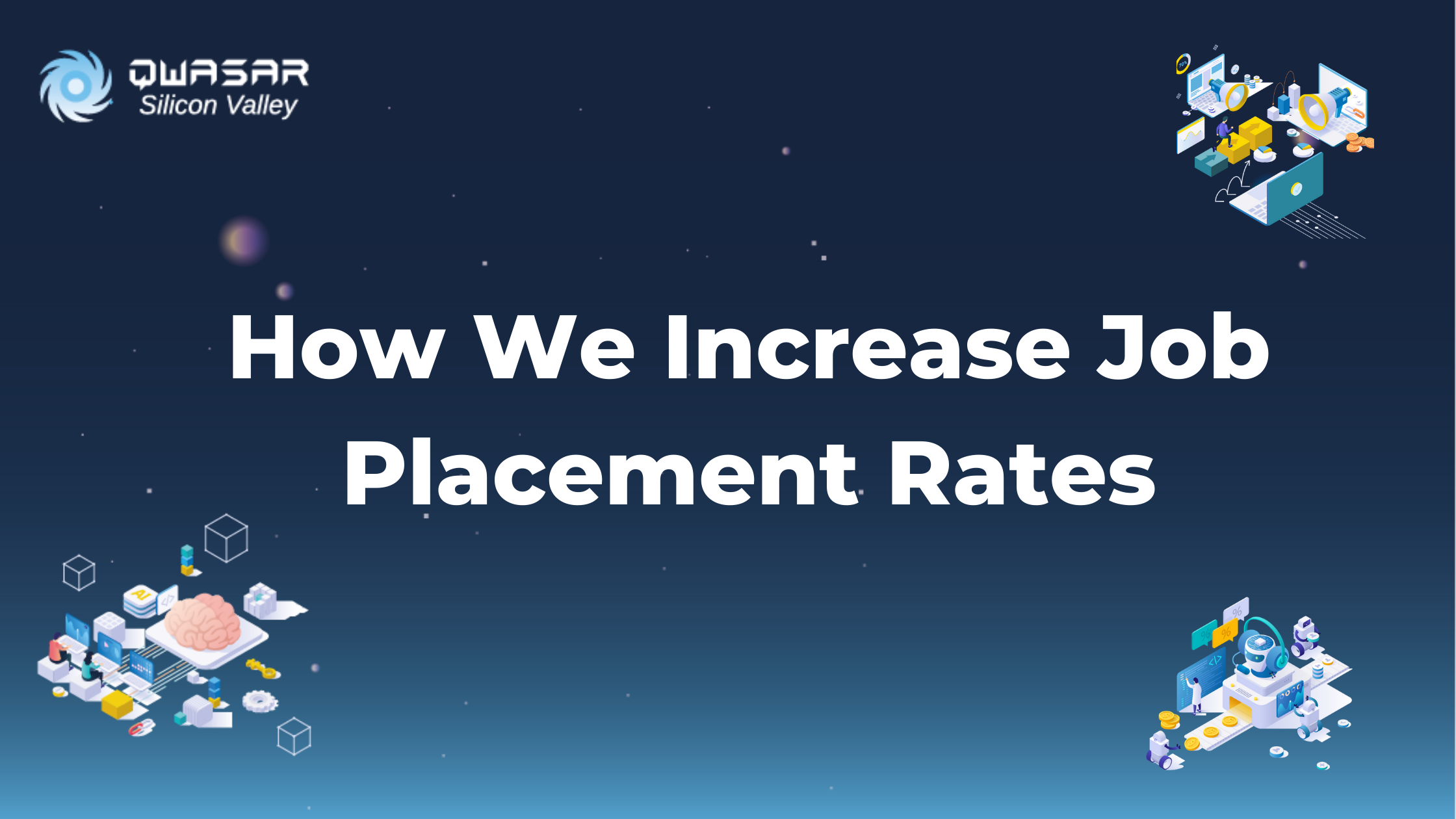
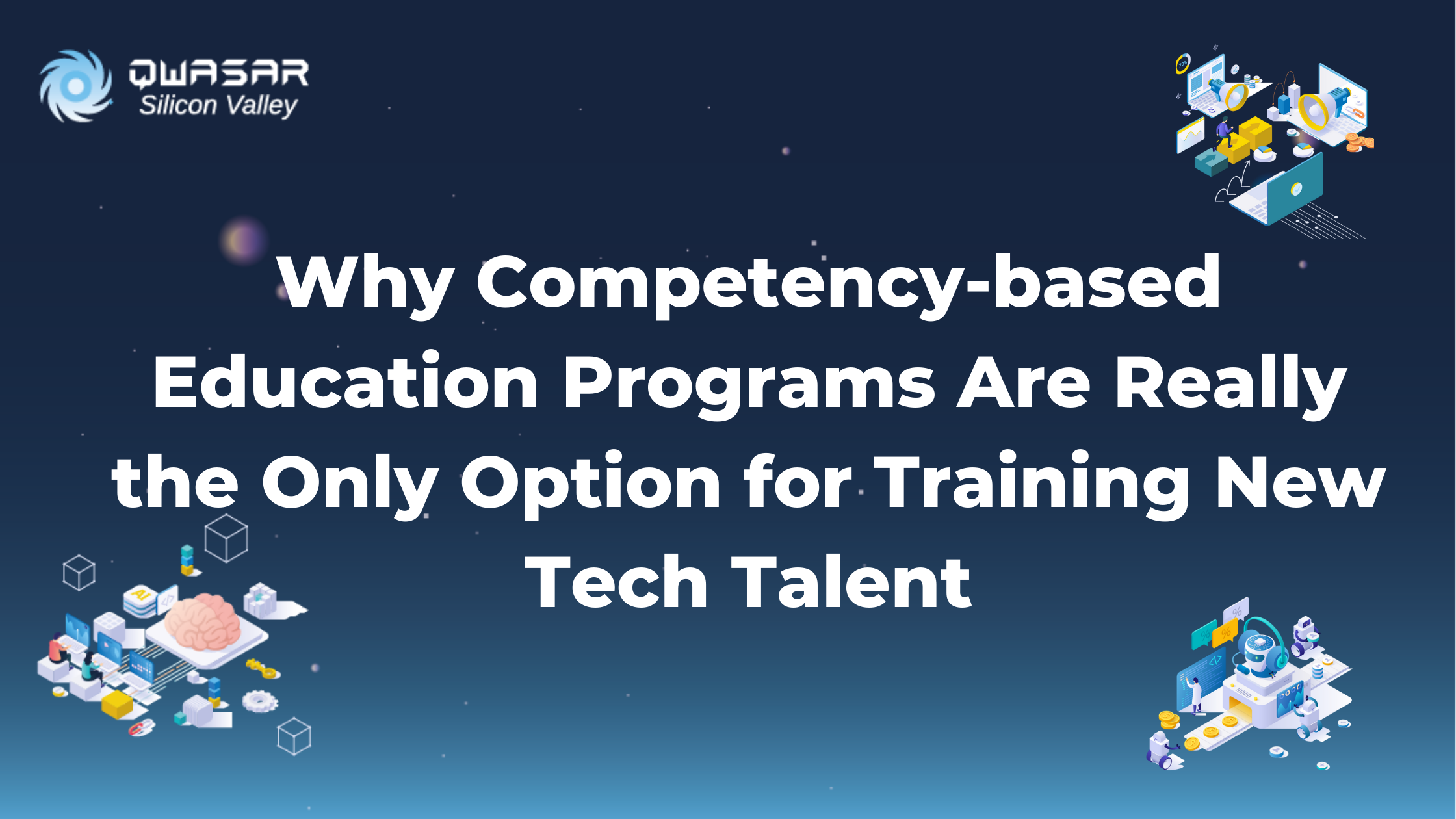
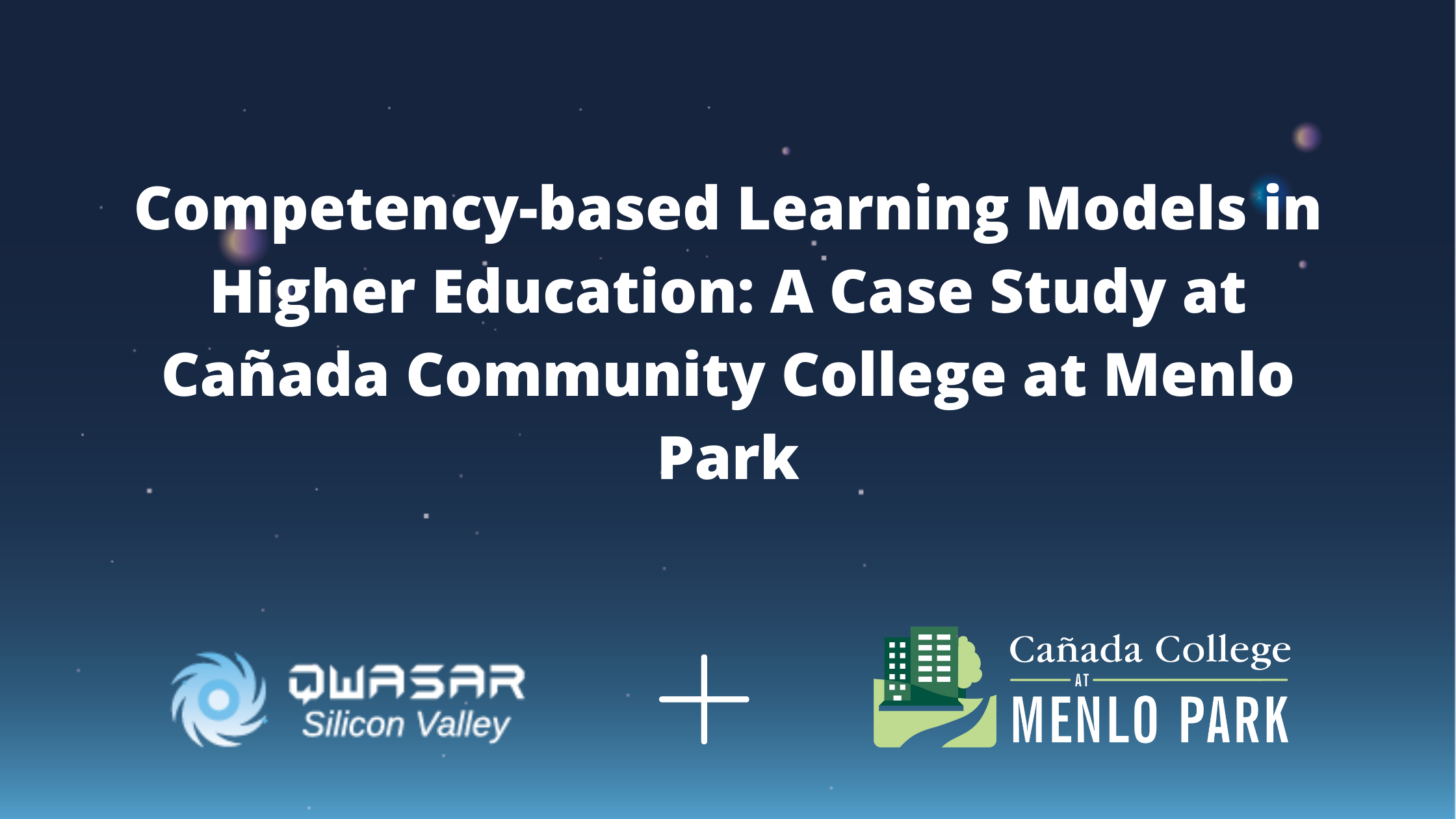
.png)
